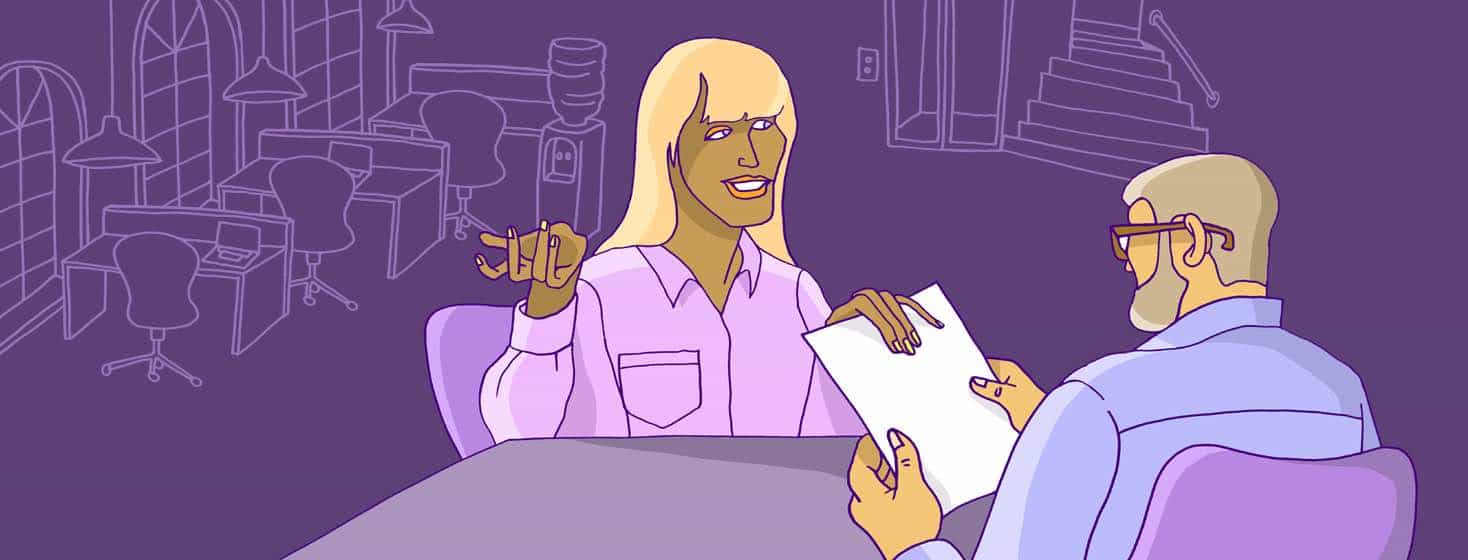Navigating Career Moves with Bladder Cancer
No matter what your stage, type of treatment, or even what urinary diversion you may end up with after a bladder cancer diagnosis, there is one certain thing. Cancer will impact your career.
If you belong to the more average age demographic for this disease, you may have the option to retire early. Others may be able to enroll in the disability program or just work part-time. For those of us who are younger or in a different financial situation, working full-time is the only option and it has certainly been the case for me.
Weighing my options
I looked into the option of using disability benefits, but unfortunately, the money offered would not cover our household financial needs even if it would fully pay for my medical costs. There was also the fact that once I recovered from surgery and began maintenance treatment, I felt good! I knew I could return to work physically and I had to work full-time to survive financially.
Making moves
For the first 2 years after I returned to work I felt like I needed to pay my dues. I had, after all, been on 6 months of leave. I thought I needed to re-prove myself and reclaim the standing I once had in my department. I worked hard and even had to maintain excellent work through the height of the COVID shutdowns. But as time wore on I noticed that I was no longer progressing in my career.
Initially, I figured I would just stick it out. The pay was decent, I had good insurance and the work wasn't awful. Maybe I should stay with the job and ride it out to retirement.
But then a thought hit me. I'm only 30 years old. Just because I have cancer doesn't mean I have to give up all of my career goals and professional aspirations! So, I brushed off my interview suit, refreshed my resume, encouraged myself to do the scary thing, and began looking for my dream job.
Key consideration: health insurance
For anyone with cancer or any medical condition, verifying the type of insurance a company or agency has is critical. As I looked at openings I also researched what kind of insurance each position had and made sure my treatments, scans, and medical supplies would be covered, also that my medical facility accepted that insurance. It is a strange thing to consider, but anyone who knows the pain of meeting their out-of-pocket deductible in the first quarter knows that health insurance is one of the key considerations when making a career move.
Explaining gaps in work history
When it came to my applications, resume, or any information I needed to provide when initially applying to a position, I did not mention my cancer diagnosis at all. Although medical discrimination in the workplace is illegal, I wanted my strong skills and accomplishments to speak for themselves. If your diagnosis has caused gaps in work history, it is much easier to explain that in person if asked.
Disclosing your condition
For interviews, I decided to only bring up my diagnosis if directly asked (a general google search immediately returns all of my blogs, articles, and bladder cancer social media). Otherwise, it is an issue I would bring up upon a job offer. There are mixed feelings on this.
Some people say never to disclose your condition, some feel you should mention it straight away. For me personally, my treatment schedule is something that has minimal work impact, but it is something that I have to manage and my supervisors/team should be aware of it. Also, I have become a sort of public figure who can't keep this part of my life secret thanks to the internet.
Managing a treatment/work plan
If you are in maintenance treatment I recommend having a plan to put forth on how you will manage treatment and work. For instance, I'm able to tell prospective employers that I have managed treatment and full-time work for two years and how I currently make that happen. It shows that I am prepared to manage my condition and job requirements.
Maintain open communication
Once all hiring is official, I plan to speak with my supervisor, HR, and team to explain the basics of my diagnosis. Essentially I will tell them the kind of cancer, that I am in maintenance treatment, how the scheduling of that works, and that I have an ostomy. I think letting co-workers know you have an ostomy helps with understanding if you ever have a leak or need to make bathroom visits more frequently. Over time and as relationships are built I may share more, but I don't think it is necessary to share more than the very surface-level facts of my condition.
I would love to hear if anyone else has made a career move while also being a cancer fighter.


Join the conversation